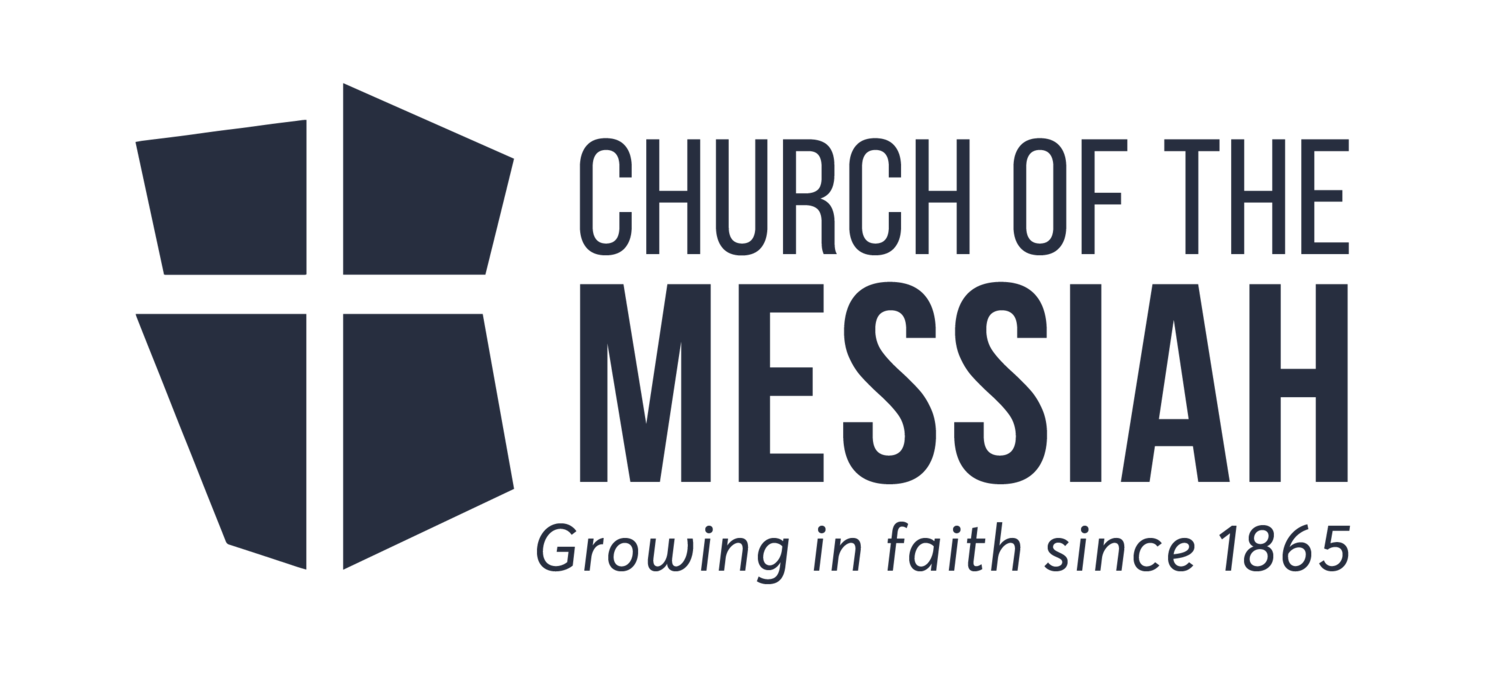DO NOT SWEAR?
Dear Friends,
Depending on the Bible translation that you use, James 5:12 says that you should not swear. What does that mean? How do you figure out what it means? Is the question even a big deal? A couple of points.
First. "Do not swear" does not mean what most Canadians think it means. The text is not referring to dropping an F bomb. Most of what Canadians mean by swearing is really covered by two other biblical prohibitions. The Bible tells us to not use corrupting, obscene, and crude language. That would cover F bombs and similar language. (Eph. 4:29, 5:4; Col. 3:8-10). The Bible also forbids taking the Lord's name in vain. This would include any casual reference to God that is ultimately dismissive or diminishing of Him. This covers the constant use of OMG! and similar language. (Exodus 20:7; Deuteronomy 5:11). It is very easy for you to speak in these ways to show that you are "edgy" or culturally attuned or "free," but really, the Bible says you should refrain from this language. Finally, the text is not referring to uneducated or "lower class" language. The Bible does not forbid this. In fact, when the New Testament was written, there were two types of Greek, formal/educated Greek and common/working class Greek. Most of the New Testament was written in common, working class Greek. The Bible can never be used to support the upper classes in a society against the so-called lower classes.
Second. The Bible does speak to the issue of making an oath. This is the issue that James is addressing. Some Christian traditions take this text, and the similar text in the Sermon on the Mount (Matt 5:33-37) to forbid Christians from ever making an oath. These same traditions would say that Christians who do not agree with them show a contempt for God's word. In effect they say, "We take God's word as God's word, but you start manipulating the word so as to not obey it." There are two different problems with interpreting the text in this way, and both are important. The first issue is consistency. An oath, whether made in the name of God, another authority, or yourself, is a solemn, "public," declaration of truthfulness and being bound by your word to keep it. Usually Christians who take texts like James 5:12 as forbidding oaths only take it to refer to a small class of oaths - usually ones connected to the Court or the military. However, in a very real sense a couple makes oaths in marriage (your vows); signing a car loan or a mortgage is, in effect, an oath; likewise, buying a house or entering into a contract. It is not wise to interpret the Bible in such a way that it is inconsistently applied. The second issue is also important. Given that the Bible has only one ultimate author, the Triune God, you cannot interpret one part of the Bible in such a way that it makes other parts of the Bible wrong or inconsistent. I will not give references for each of these claims, but: the Old Testament sets down rules for making oaths in general; to enter into a covenant you make an oath; given that the word "adjure" is, in effect, a command to make an oath, Jesus is called to make an oath (Matt. 26:63); and Paul "adjures" church leaders (1 Thess. 5:27). So, what this means is that you need to think a bit more before you interpret and apply a text on oaths. Having a hasty, interpretation of the Bible that makes the Bible inconsistent is not taking God's word as God's word.
Third. In a world where lies are often loved, the Bible tells you to love the truth and speak the truth. If you desire to know the truth and speak the truth, then your "yes" is a good, solid, dependable yes, and your "no" is a good, solid, dependable no. It then makes no difference to you whether you have to say it in front of a judge, your child, your boss, your employee or your neighbour. This is the type of person that the Gospel saves you to grow into becoming. This is what James 5 is talking about. But it has more to say. The real issue that human beings face is that you can design a contract or make an oath in such a way that it seems honest and truthful, but it is really deceptive, dishonest, dissembling, and cloaks your real intention. It is also the case that cultures can encourage this, saying it is alright. For many years I was a clergy in the Anglican Church of Canada. I could promise to uphold the doctrine of the church, because, on paper, the doctrine was orthodox. However, other clergy made the same promises, treating the promise as a ritual that you had to go through, knowing that it did not mean you actually had to believe the doctrine or teach it. I am sure my readers can think of other examples in Canada, in history, and around the world. James 5 is clearly saying that such a practice is wrong. Your context might allow such an abuse of truthful, honest, dependable speech, but as a Christian, you belong to the Lord who is referred to as the Truth and whose way is the way of truth (John 14:6 17:17). No oath or vow, no matter how solemn or lofty, turns a lie into the truth, or dishonesty into honesty.
George+
